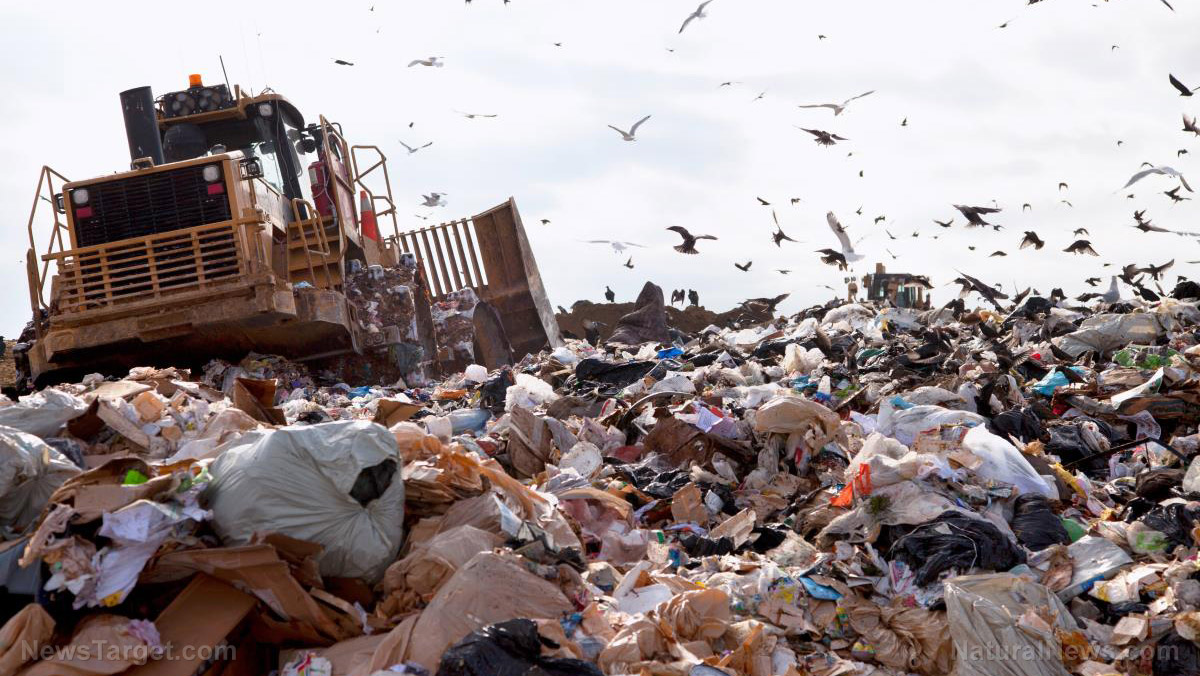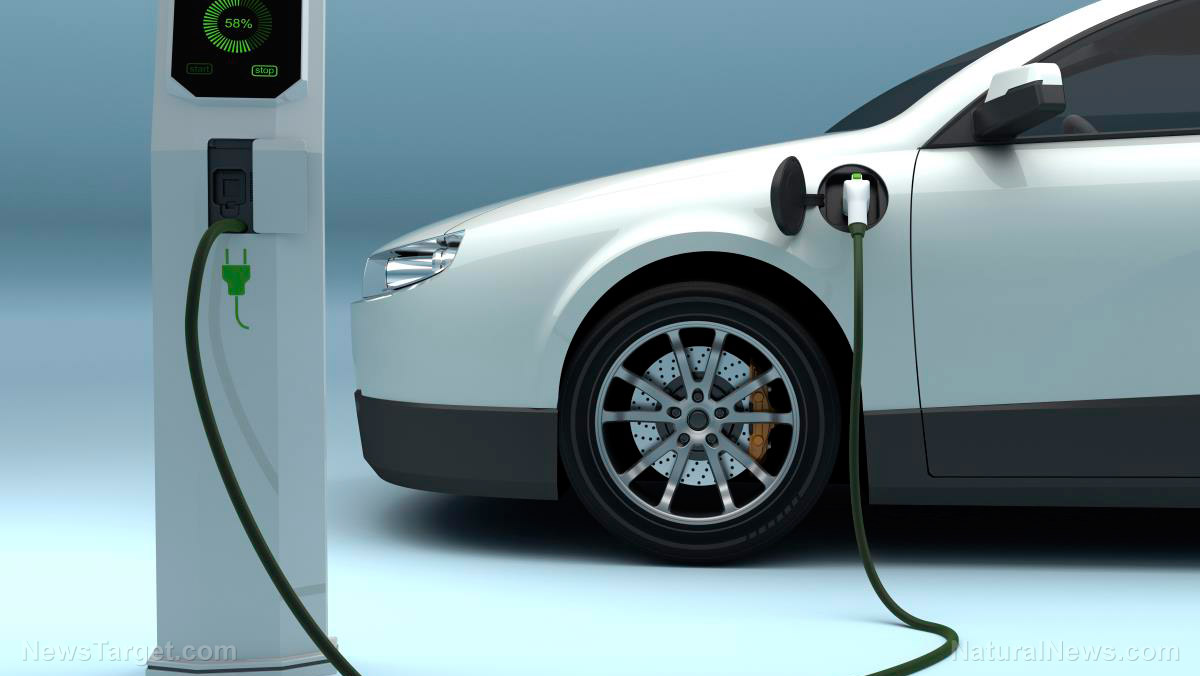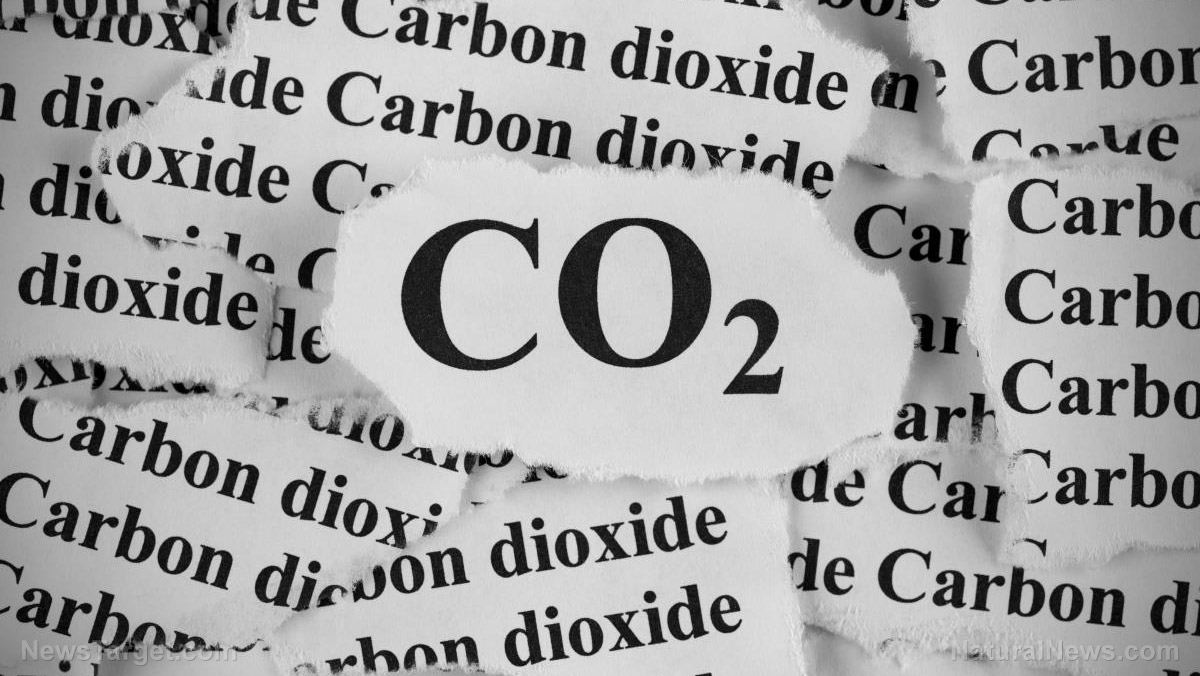
The Golden State was a proud pioneer in rolling out rooftop solar panel solutions back in the late 1990s and early 2000s when almost nobody else was doing it, claiming that the technology would stop "global warming" and ease pressure on the energy grid. Now that the earliest panels released are reaching the end of their life cycle, however, California has no idea what to do with all the photovoltaic waste that is piling up.
An exposé by the Los Angeles Times reveals that landfills all across California are now filling up with people's dead panels, which contain all kinds of toxic metals such as lead and cadmium that threaten to contaminate groundwater supplies.
Used-up solar panels can be recycled, but Sam Vanderhoof, a solar industry expert and CEO of Recycle PV Solar, says that only about 10 percent are actually recycled, according to estimates drawn from the International Renewable Energy Agency (IREA). The rest are getting dumped in landfills where they will pollute the environment for years to come.
"The industry is supposed to be green," Vanderhoof is quoted as saying. "But in reality, it's all about the money." (Related: Remember when schizophrenic California was penalizing residents for producing too much energy with solar panels?)
Everything "green" turns out to be more polluting than the "dirty" technologies it replaced
For many years, California incentivized rooftop solar panels by offering taxpayer-funded rebates to households who took advantage of them. In 2006, the California Public Utilities Commission (CPUC) formed the California Solar Initiative, which granted $3.3 billion in subsidies for their installation.
This helped to drastically and artificially bring down the price of rooftop solar panels, incentivizing millions of residents to take the leap and buy them. The problem now is that many of those early-installed panels have reached the end of their life and there is no way to safely dispose of them.
As is usually the case in California, politicians are now calling for a new solar tax to address the problem. But as is always the case, that tax, like all other taxes, will not do anything other than line the pockets of the people who proposed it in the first place.
"This trash is probably going to arrive sooner than we expected and it is going to be a huge amount of waste," says Serasu Duran, an assistant professor at the University of Calgary's Haskayne School of Business in Canada.
"But while all the focus has been on building this renewable capacity, not much consideration has been put on the end of life of these technologies."
Duran helped co-write an article for the Harvard Business Review that highlights the solar panel industry for being "woefully unprepared for the deluge of waste that is likely to come."
Every 60 seconds in 2021, a new solar project was installed somewhere in the country. Since the early 2000s, solar has extended far beyond California's borders to every state in the country, and the amount of future waste that is accruing is unfathomable.
"There's no doubt that there will be an increase in the solar panels entering the waste stream in the next decade or so," warns AJ Orben, vice president of We Recycle Solar, a Phoenix-based company that breaks down solar panels and extracts their valuable metals while disposing of the remaining toxic elements.
"That's never been a question."
Ironically, We Recycle Solar does not have any recycling centers in California, despite the vast majority of its business coming from the state, because California has strict permitting laws for toxic materials. All of the solar waste from California is instead trucked to a site in Yuma, Ariz., for processing.
More related news coverage can be found at SolarPanels.news.
Sources for this article include:
Please contact us for more information.





















